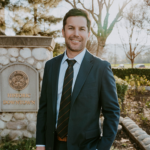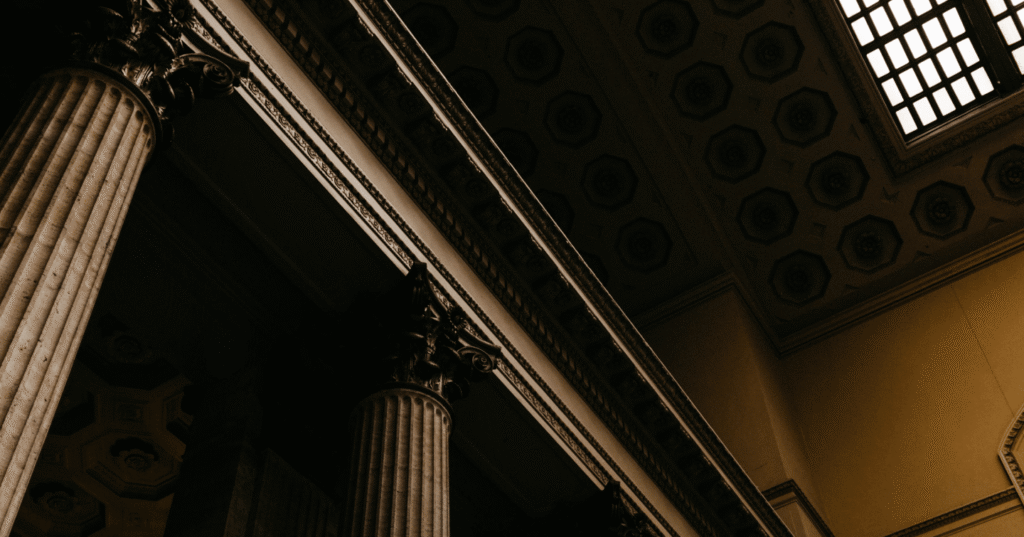A defendant is entitled to have an investigator try to talk to jurors after a verdict, in accordance with the rules set forth in California Code of Civil Procedure section 206. In fact, after a verdict is rendered, the trial judge is required to inform the jurors about possible interviews by the parties.
CCP section 206 provides that in a criminal case, before the jury is discharged, the judge must inform the jurors that they have an absolute right to discuss or not discuss their verdict with anyone. The judge shall also inform the jurors about possible interviews that occur more than 24 hours after the verdict.
In those instances, the law requires that prior to discussing the jury deliberation or verdict with a member of a jury, the party attempting to do so must tell the juror which case they are inquiring about, who they represent, and the subject of the proposed discussion. They must also tell the juror that they do not have any obligation to speak with them, and the juror has the right to review and have a copy of any declaration that may be filed with the court pertaining to their discussion.
After a verdict, the court seals jurors’ contact information to prevent the public from accessing their personal identifying information. If a party who would like to speak with the jurors is not able to locate the members of the jury based on the information they already have, pursuant to CCP section 237, the party may petition the court for access to court records that include the contact information for the jurors. The Court of Appeal agrees, and wrote: “If counsel wish to speak to jurors and are unable to locate them, counsel may file a petition under Code of Civil Procedure section 237, seeking access to jurors’ contact information.” People v. Russell (2017) 9 Cal.App.5th 1050, 1057 (emphasis added). The Court of Appeal has definitively held that the law “expressly provides that the defendant and his or her attorney are permitted to discuss the jury’s deliberation with any juror as long as the juror consents and the discussion take place at a reasonable time and place.” DeHoyos v. Superior Ct. of Orange Cnty. (2020) 50 Cal.App.5th 71, 79.
In many cases, it is unnecessary to petition for access to court records because the attorneys already know the jurors’ names and general location. Investigators may use that information to locate the jurors for purposes of interviewing them in accordance with CCP section 206. There is nothing unlawful about this practice, which is routinely done. The idea that a defendant must seek access to court records prior to conducting an investigation based on the information they obtained in trial finds no support in the law whatsoever. Any interpretation that is the case would fail on a writ to the Court of Appeal.
I am not the only legal mind who finds the above interpretation clear under the law. One of the most brilliant legal minds I have ever known, who heads the Appellate Unit of the Los Angeles County Public Defender’s Office, agrees with me. I take solace that I am in great company.




